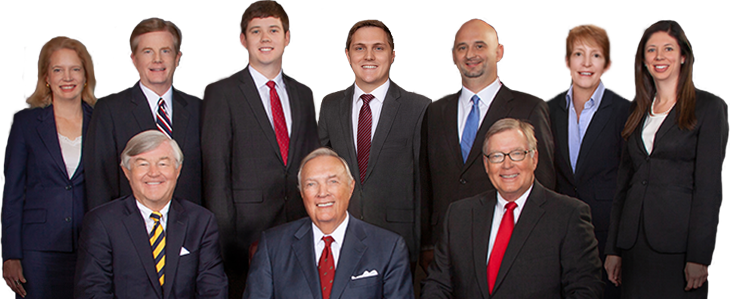When most people think about estate planning, they focus on will creation. While wills are essential to the estate planning process, they are not the only tool in your arsenal.
According to U.S. News & World Report, trusts are equally beneficial to estate planners. The following are the two most common forms of trusts and how they work.
Revocable trusts
Also known as living trusts, a revocable trust allows the creator to change the trust during their lifetime. This entails changing how heirs receive assets, as well as altering which assets the trust holds. The trust only becomes irrevocable, that is to say, unchangeable after the creator dies.
Many parents use revocable trusts to manage inheritances intended for minors or young adults. That way, young people can receive their inheritances in a way that allows for responsible financial management. A trustee oversees the funds until the child is of a certain age. Trusts also avoid probate, which is the court process of proving a will is valid, settling debt, and distributing assets to heirs.
Irrevocable trusts
It is not possible to change the terms of an irrevocable trust after creation unless the heirs agree to the changes. While this limits a person’s control over their assets during their lifetimes, it also alleviates estate taxes for people with large estates. Because you no longer own the assets in the trust, you also do not have to pay taxes on them.
This is also beneficial for people in search of state assistance with health care as they get older. Creating a trust ensures your heirs still receive their inheritances, but it also allows you to receive benefits from governmental agencies if needed.
If you have questions about this or other estate planning issues, please feel free to reach out to our firm for more information.

